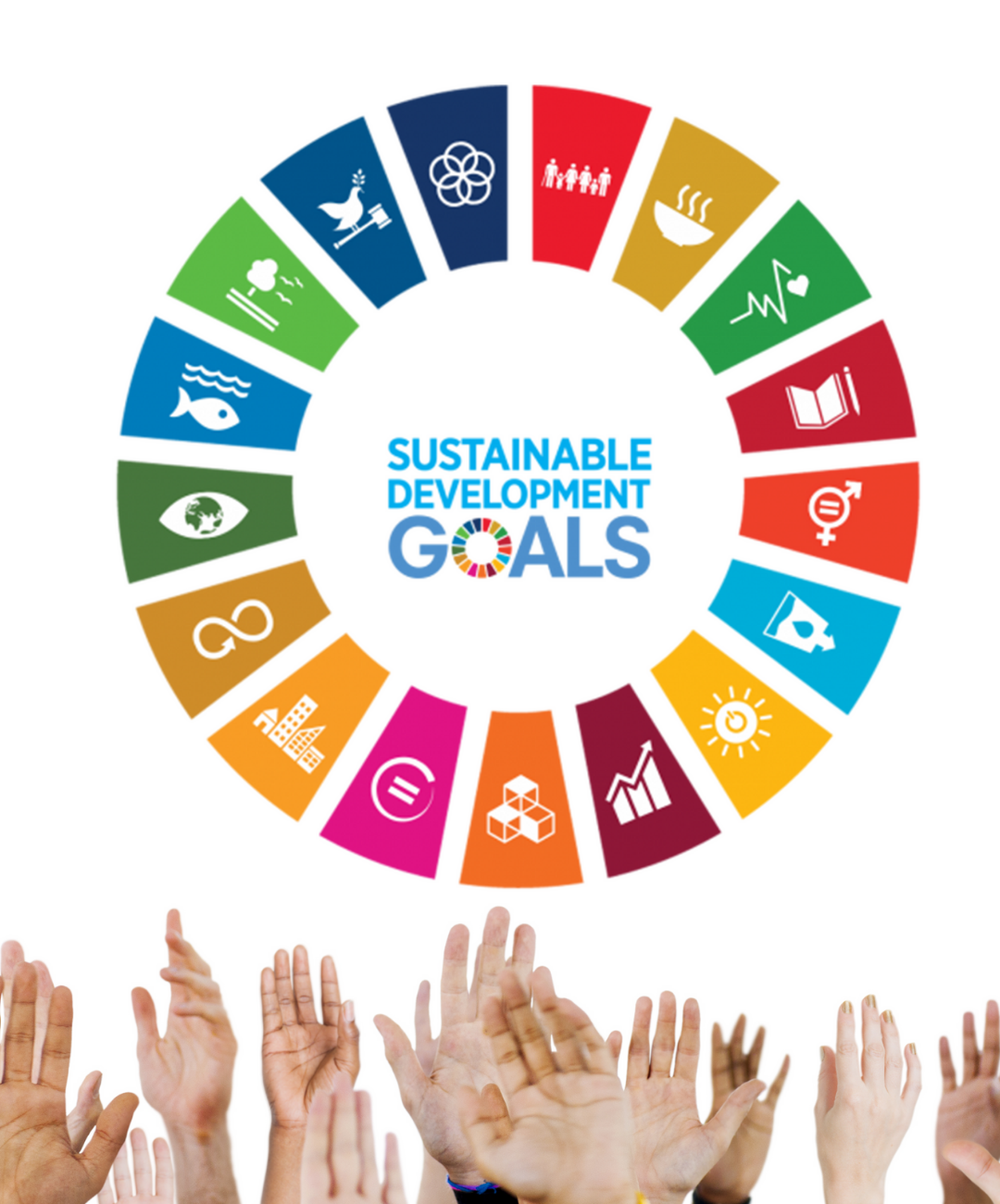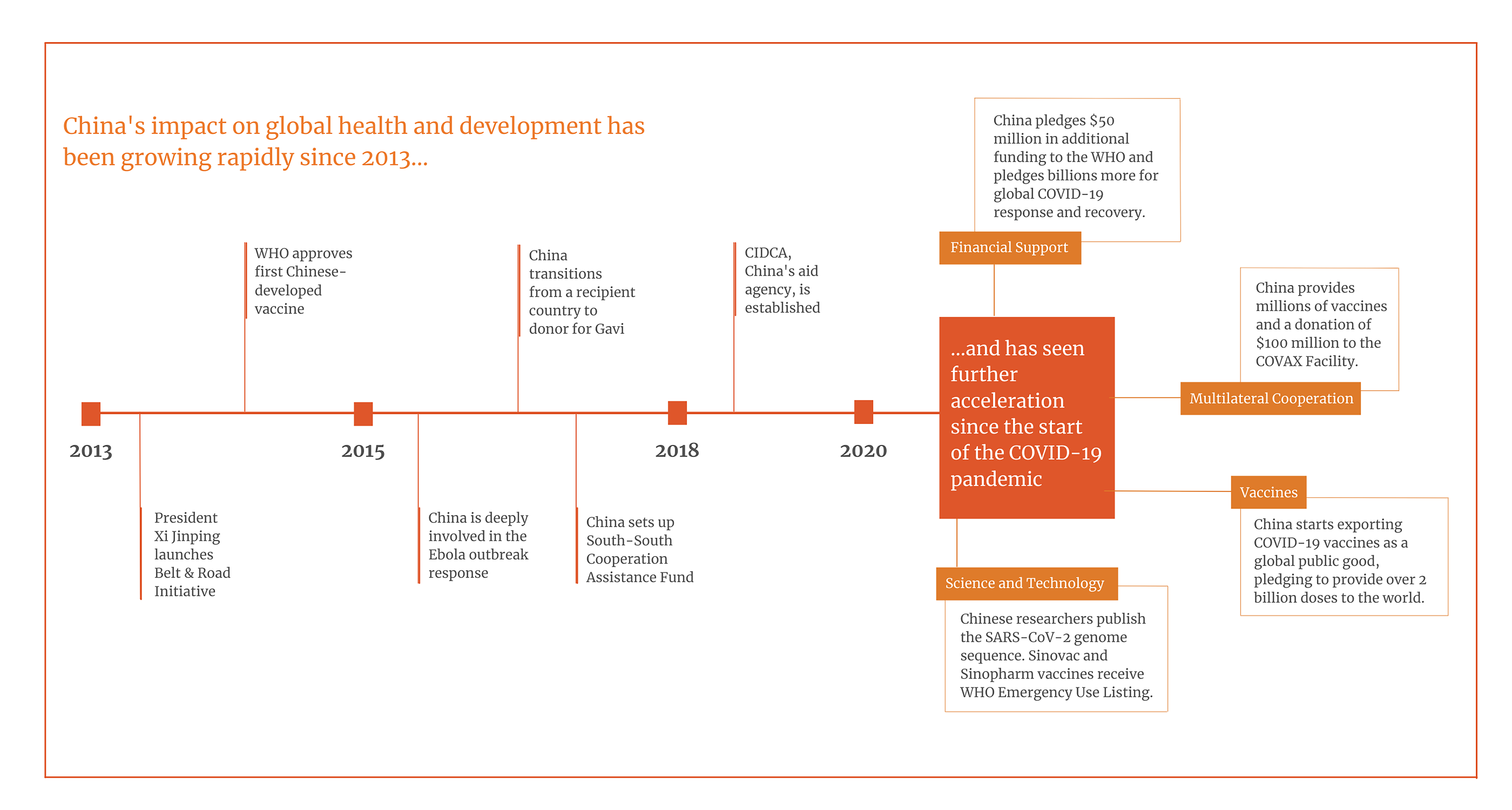Values
We believe that…
Attainment of the global goals is only achievable through collective pursuit of equity
Global inequity has been a serious hindrance to the attainment of the global goals. Even as the world has set goals to eliminate poverty, ensure basic health and well-being, education, equality, climate action and more, progress has often been derailed by giving way to individual interests and lack of solidarity.
Across all our endeavors, we aim to foster greater collaboration and understanding. While we recognize that there are times when commercial interest needs to take precedence, we believe that this needs to be matched with stronger solidarity. As a result, we prioritize initiatives that promote solidarity and equity, ensuring that our work leaves a lasting positive impact without solely seeking commercial gain or influence. We also seek to collaborate with partners who share this common interest, to leverage each other’s strengths and resources for a multiplied effect.

The under-supply of global public goods presents opportunities for cooperation between China, the US, and other major economies
Global public goods and services are fundamental for addressing the world’s problems. Basic resources like clean air and clean water, agricultural goods or essential medicines to support human wellbeing – global public goods are inalienable rights, meant for the benefit of everyone and not limited to any particular group.
However, one unfortunate outcome of continued inequity – between countries, populations, socioeconomic status and more – is the under-supply and lack of access to global public goods. During the COVID-19 pandemic, vaccines were essential to preventing severe illness and morbidity, however, unequal distribution greatly impacted many countries access to this global public good and had a devasting consequence on public health. A similar story can be told for many other goods.
The silver lining has been that this lack has ushered in more opportunities for cooperation. In the face of global challenges, many have turned to the pursuit of scientific innovation and progress, which in turn requires international exchanges and communication. As a manufacturing giant, China has its obvious advantages along the value chain. However, to ensure the global access to these public goods, we work to promote partnerships between China and global partners dedicated to providing public goods, particularly. We especially look to provide a bridge for those in philanthropy, academia, and industry, to explore partnerships that complement each other’s strengths
Evidence-based approach is vital for effective communications
We are living in a post-truth era. The Oxford Dictionary defines “post-truth” as “relating to or denoting circumstances in which objective facts are less influential in shaping public opinion than appeals to emotion and personal belief”. While modern communications technology has brought the world closer than ever before, it has also created possibilities for misunderstandings and miscommunication stemming from excessive information, language barriers or unreliable sources.
We use communications and advocacy with the aim to influence policy and social norm. But we follow the mantra of not reaching to conclusions without first engaging in thorough research. When we study the issues that our clients work on, we begin by asking “What are the facts?” and “What is the truth that the facts bear out?” In order to produce powerful advocacy and communications that can bring about positive impact, we ensure that an evidence-based approach is always at the core of what we do to achieve our clients’ goals. We hold ourselves accountable to such a principle on issues that our clients care about, and even with the aim to become their thought partners.
Based on these beliefs that form the core of our company, we aspire to be a catalyst and the bridge that transforms China into a leading actor to positively impact global health and development.

